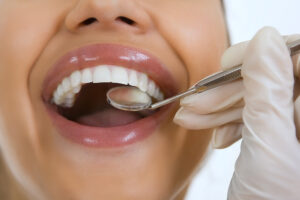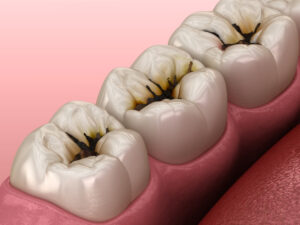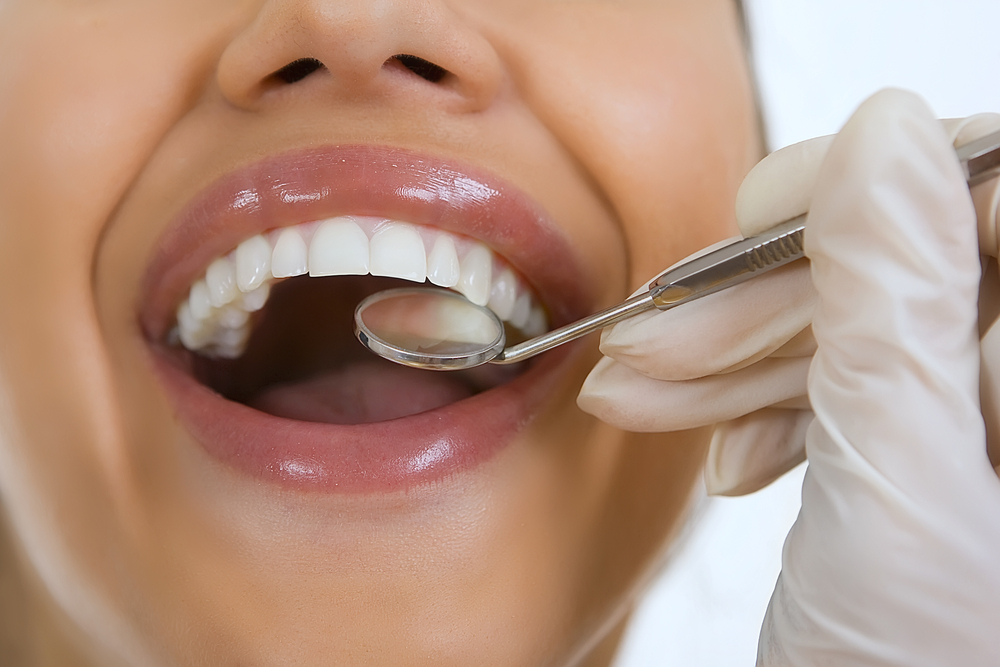It’s an infection that eats away at the dental enamel’s surface and creates holes in it all the way down to the interior parts of the tooth.
What are the causes of dental caries?
Caries is a multifactorial disease, meaning that it is brought on by a number of different things, including oral bacteria, ingestion of specific foods and beverages high in sugar or carbs, and inadequate or insufficient oral hygiene.
Additionally, additional elements like salivary pH, genetic predisposition, or some drugs that affect the quantity and quality of saliva in the mouth might also affect how frequently caries occur.
The acids in foods and beverages that people consume can damage the enamel, the teeth’s protective outer coating. Additionally, leftover food particles in the mouth after meals are broken down into acids by the bacteria that inhabit the mouth.
When someone neglects oral hygiene and avoids foods that are hazardous for teeth, their teeth are repeatedly exposed to these acids, which eventually erode the enamel and enter the inner layers of the teeth, creating holes in the teeth.
How do you know you have dental caries?
According to the size, stage, and location of the cavity, the symptoms can change. For instance, as we have stated, in the early stages, there are frequently no symptoms and the condition can only be seen with the unaided eye as a little black dot.
As it worsens, we may experience an unexpected discomfort in the teeth or molars when biting or without obvious explanation. is a tooth sensitivity that frequently appears with the cold and after consuming sugary foods.
What can be done to treat dental caries?
Depending on how far along the caries is, different treatments will be used:
A simple filling can be used to treat caries in its early stages. The dentist removes the harmed portion of the enamel and fills the cavity with a covering substance. The filling is not made if the cavity is minor and in the early stages, merely affecting the enamel. The enamel can be restored through physiological remineralization if it is maintained with good oral hygiene and additional fluoride is supplied.
It can be essential to perform a root canal, which devitalizes the nerve if the decay has progressed and has impacted the tooth pulp.
If the disease has spread and the tooth cannot be saved, it should be removed and a dental implant or a bridge placed in its place.
What can be done to prevent dental caries?
Maintenance of a good oral hygiene practice which includes brushing, using mouthwash, and flossing, especially before bed.
Foods and beverages having a lot of sugar or carbohydrates should be avoided. In particular, so-called energy drinks, as their acidity speeds up the enamel’s accelerated degradation in addition to their sugar content.
Every time we eat, even between meals when we snack, we brush our teeth.








